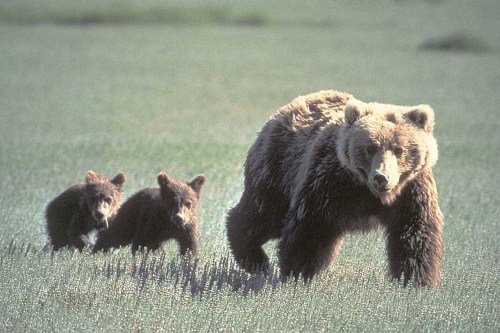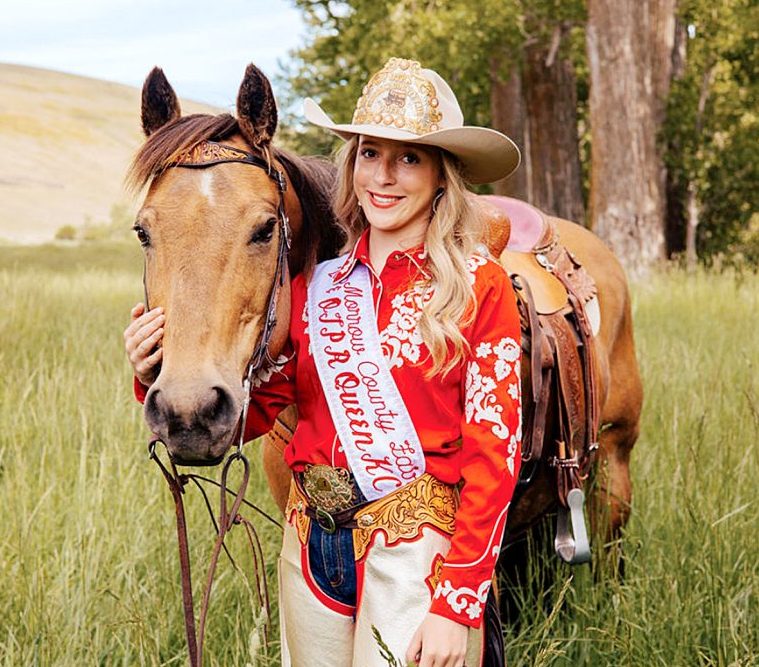Idaho wildlife officials accused of unlawfully killing grizzly bears
Published 3:30 pm Thursday, September 7, 2023
TETONIA, Idaho — Idaho wildlife managers violated the Endangered Species Act by killing three grizzly bears, according to an environmental lawsuit that seeks an injunction against similar lethal actions.
A nonprofit group, Save the Yellowstone Grizzly, has filed a lawsuit claiming the Idaho Department of Fish and Game unnecessarily shot a sow and two cubs foraging near Tetonia, Idaho, without posing a threat to people, livestock or crops.
Trending
The lawsuit alleges the state agency killed one of the cubs without authorization from the U.S. Fish and Wildlife Service, which also is named as a defendant for allegedly permitting the other two bears to be killed contrary to federal regulations.
“To protect grizzly bears from further unauthorized killings at the hands of wildlife officials, STYG seeks a declaratory judgment that defendants’ actions violated the ESA and an injunction barring defendants from authorizing and committing further illegal and unauthorized ‘takes’ which are likely to occur in the absence of judicial relief,” the complaint said.
According to the lawsuit, the three bears had been relying on “natural food sources” without causing conflicts or eating garbage but had occasionally wandered near human residences in November 2022 after being previously relocated.
Though the bears mostly remained in riparian corridors, Idaho officials requested federal permission to lethally remove them, which was “initially granted” by the U.S. Fish and Wildlife Service officials “despite expressing reservations” due to the lack of a safety risk, the complaint said, citing email records.
After the sow and one cub were shot and killed, the federal government “revoked any authority” to lethally remove the other cub due to the availability of a possible relocation site, the complaint said. Even so, Idaho officials decided to go ahead and kill the remaining cub, which federal officials considered “unprecedented,” according to the plaintiff.
The lawsuit alleges the first two bears were killed unlawfully despite the federal authorization because the U.S. Fish and Wildlife Service didn’t follow its own rules and guidelines for lethally removing grizzlies, which are protected as a threatened species.
Trending
The animals were not killed in self-defense and didn’t meet the criteria for nuisance bears, which should only be lethally removed after attempts to capture and relocate them prove unsuccessful, the complaint said.
Under federal guidelines, grizzly sows with cubs can only be killed after their “third strike” of consuming unnatural foods or endangering humans, while the standard for cubs is “even more forgiving” and only allows their killing due to human injury or death, the complaint said.
“None of the bears met these qualifications and the USFWS authorization clearly violates the ESA, USFWS regulations, and interagency guidelines,” according to the lawsuit.
Because “future illegal takings” are likely without a court order, the plaintiff has asked a federal judge to block further lethal removals unless they’re federally authorized and “non-lethal measures” for “non-conflict grizzly bears” fail to work.
A representative of the Idaho Department of Fish and Game said the agency doesn’t comment on pending litigation, while the U.S. Fish and Wildlife Service could not be reached for comment as of press time.
In announcing the lethal removals last year, however, IDFG said the three bears had been “euthanized” because they “increasingly showed little fear toward humans” and had become habituated to populated areas.
The three bears had already been removed from near a Montana town to the northern portion of Yellowstone National Park in Wyoming, but then traveled to Idaho and again spent time near human populations, the announcement said.
While killing grizzly bears is “never a desired outcome,” the potential for human risk and a lack of relocation sites convinced the agency the animals should be lethally removed, according to IDFG.










